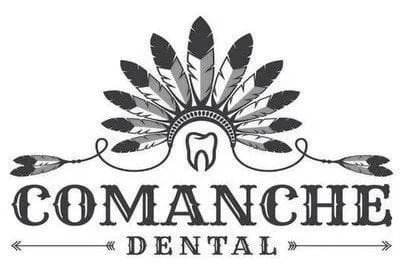Snoring is a sure sign of Obstructive Sleep Apnea which can be the reason your blood pressure is high and you feel like *#@&/+^ all the time.
Obstructive Sleep Apnea
Obstructive sleep apnea is not only much more frequent than Central Sleep Apnea, it is a common condition in many parts of the world. If studied carefully, approximately 1 in 5 American adults has at least mild OSA.[1] Since the muscle tone of the body ordinarily relaxes during sleep, and since, at the level of the throat, the human airway is composed of walls of soft tissue, which can collapse, it is easy to understand why breathing can be obstructed during sleep - particularly in the obese. Although many individuals experience episodes of obstructive sleep apnea at some point in life, a much smaller percentage of people are afflicted with chronic severe obstructive sleep apnea.
Normal sleep has different stages which range from light to deep. The deeper stages are required for the restorative effects of sleep, but are also the stages during which the muscle tone of the throat and neck is most reduced. If the airway collapses in deep sleep when muscles relax, either arousal to a lighter stage of sleep or awakening occurs. In severe cases of obstructive sleep apnea, very little time is spent in deep sleep and the result is sleep deprivation, no matter how many hours are spent sleeping in the lighter stages.
Many people experience obstructive sleep apnea for only a short period of time. This can be the result of an upper respiratory infection that causes nasal obstruction, along with swelling of the throat, or tonsillitis that temporarily produces very enlarged tonsils. The Epstein-Barr virus , for example, is known to be able to dramatically increase the size of lymphoid tissue during acute infection, and obstructive sleep apnea is fairly common in acute cases of severe infectious mononucleosis . Temporary spells of obstructive sleep apnea syndrome may also occur in individuals who are under the influence of a drug (such as alcohol) that may relax their body tone excessively and interfere with normal arousal from sleep mechanisms.
Physical intervention with a Mandibular advancement splint (MAS), is sometimes prescribed for sleep apnea sufferers by a dentist trained in this field. The device is a mouthguard similar to those used in sports to protect the teeth. For apnea patients, it is designed to hold the lower jaw slightly down and forward relative to the natural, relaxed position. This position holds the tongue farther away from the back of the airway, and may be enough to relieve apnea or improve breathing for some patients.
If you suspect you may have obstructive sleep apnea, it is very easy to check and find out for sure with easy-to-use take-home equipment available in our office. Call us - please.
